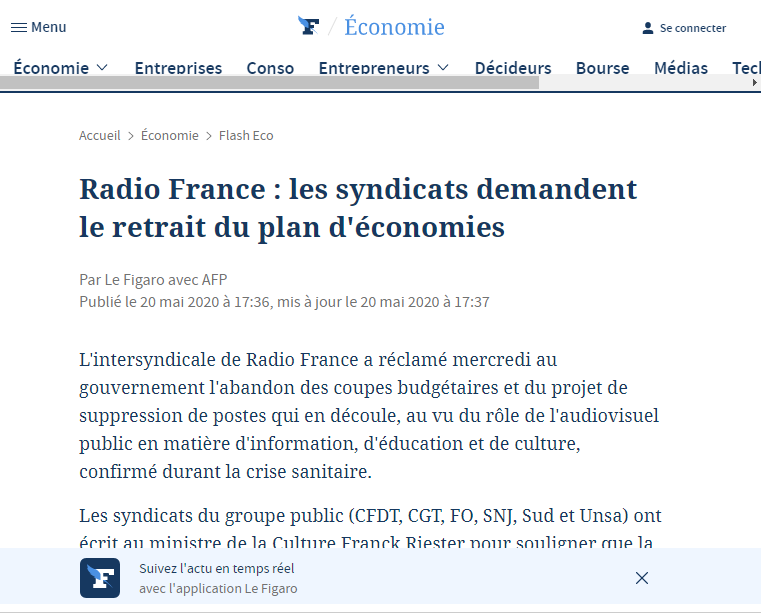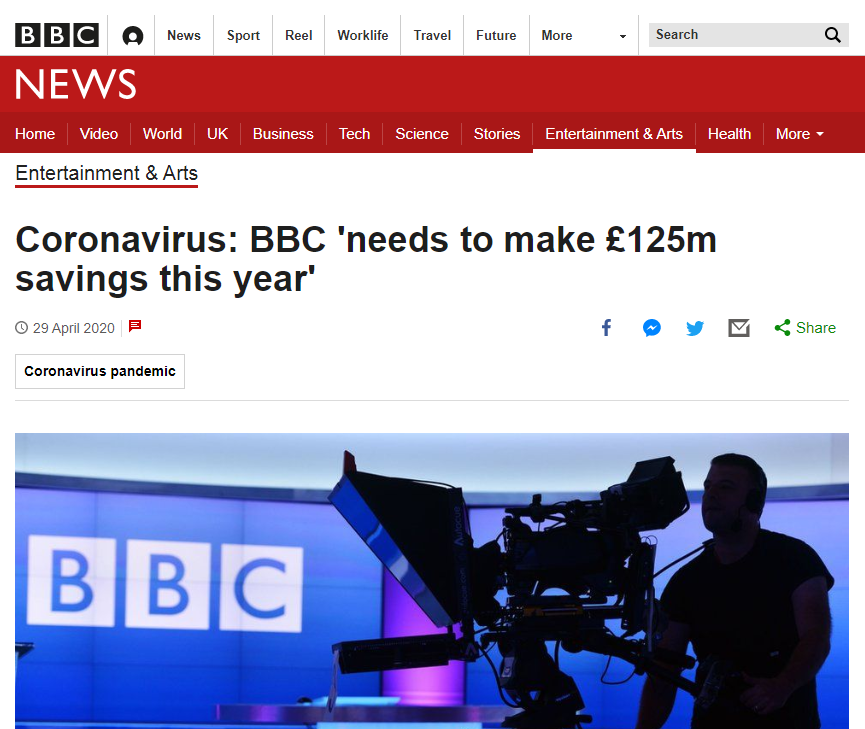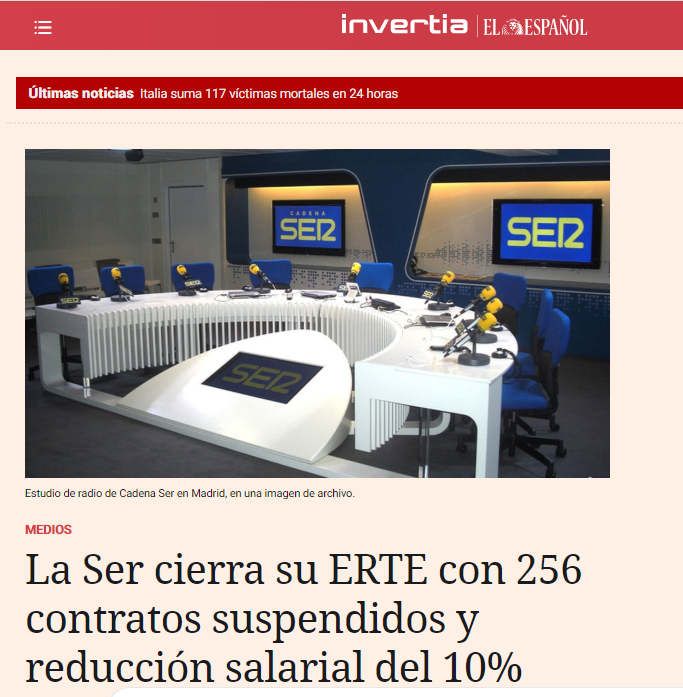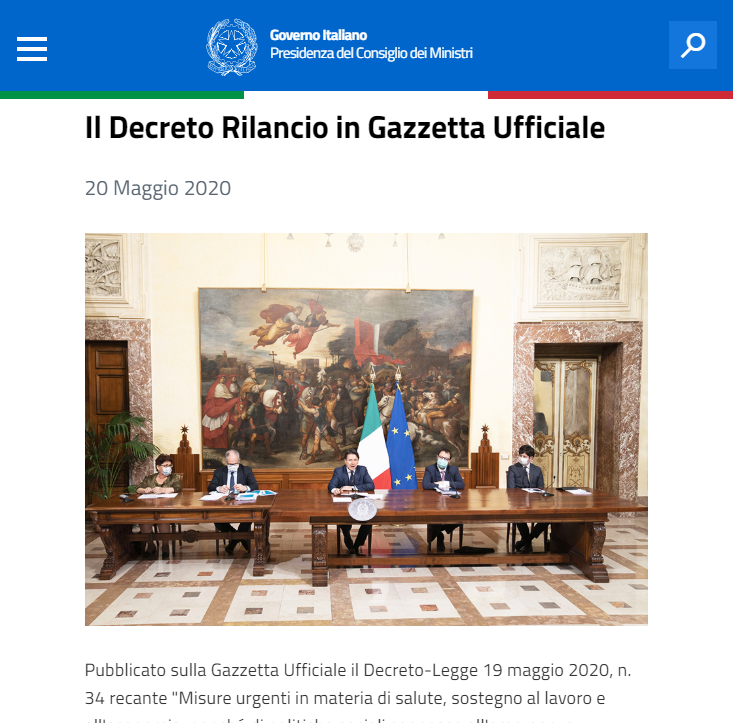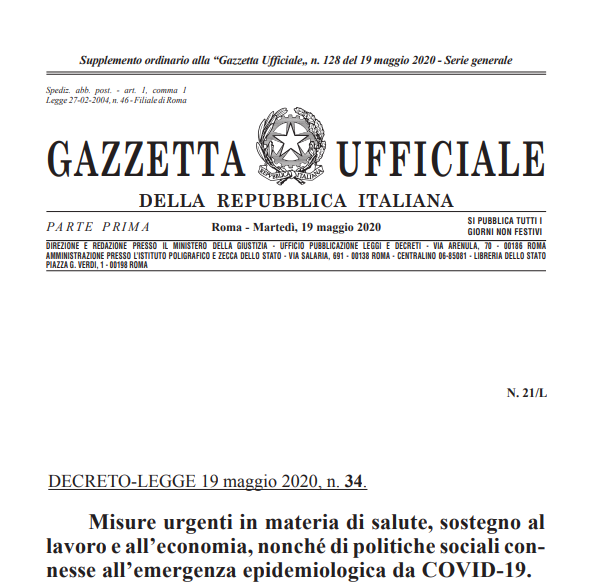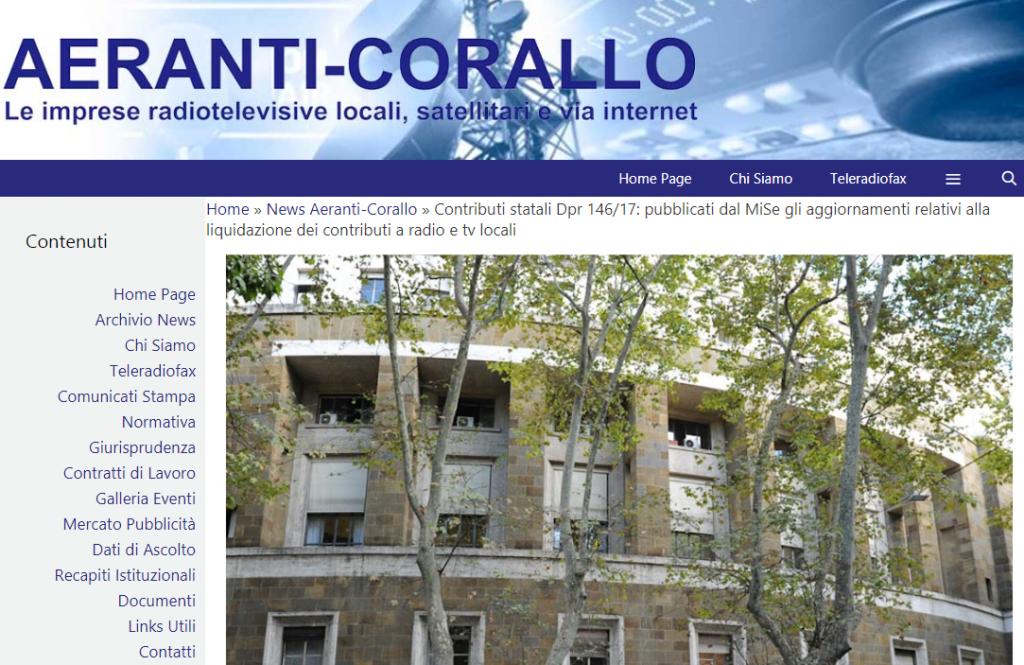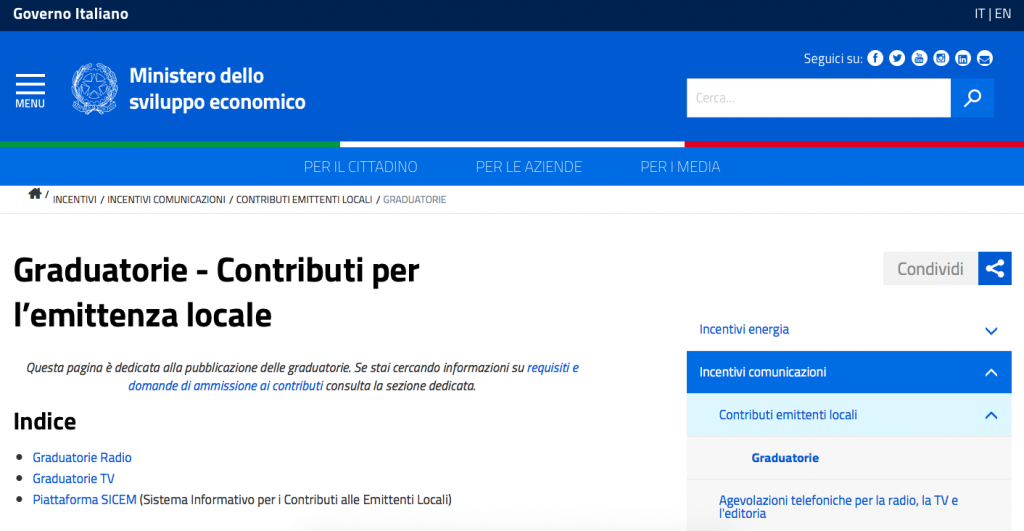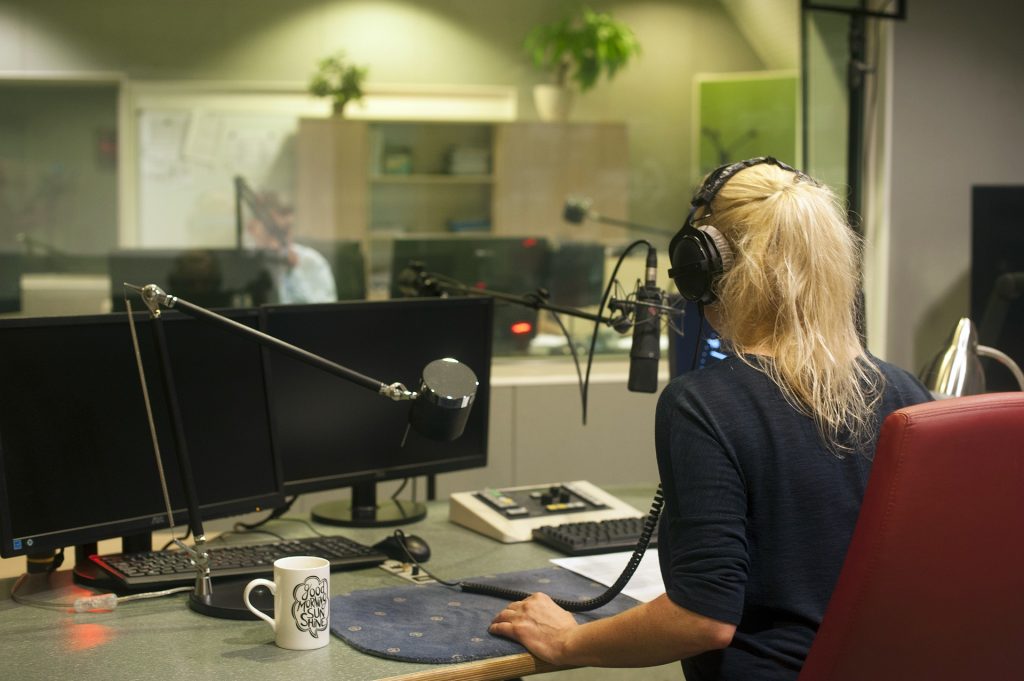Transmitting without a license is a criminal offence but the desire to start one’s own radio station drives people to break the law in every country. This time we talk about Peru and Italy
PERU: 20,000 enforcement actions to catch a thousand illegal broadcasters

Source
About 5,000 licensed radio stations and 1,000 illegal broadcasters operate in the Andean country. The Ministry of Transport and Communications (MTC) is very active. In 2020 the ministry has planned 20,000 enforcement actions. They closed down 14 radio stations in the region of Lima in January 2020 and in 2019 they confiscated 1,072 pieces of transmission equipment and closed 200 stations. The fine for those who get caught is 200,000 Peruvian soles (about US$ 58,000).
ITALY: One of Radio Maria’s antennas was illegal

Source
A repeater transmitting on 105.5 MHz, operated by Radio Maria in the province of Salerno, was closed down on June 13th, 2020. After receiving a number of reports from local citizens, the carabinieri in Amalfi confirmed that the radio antenna, that had been installed years ago in the courtyard of a privately owned building in Via dei Naviganti in Conca dei Marini, a municipality on the Amalfi coast, did not have a license. The Regional Environmental Protection Agency (Arpac) in Campania also established (after multiple inspections) that the electromagnetic emissions exceeded the limits allowed by the law. As a result the radio station was subject to criminal seizure. The broadcaster’s lawyers opposed the shutdown but the appeal at the Court of Appeal in Salerno was rejected.
Record number of criminal charges for a pirate in Palermo
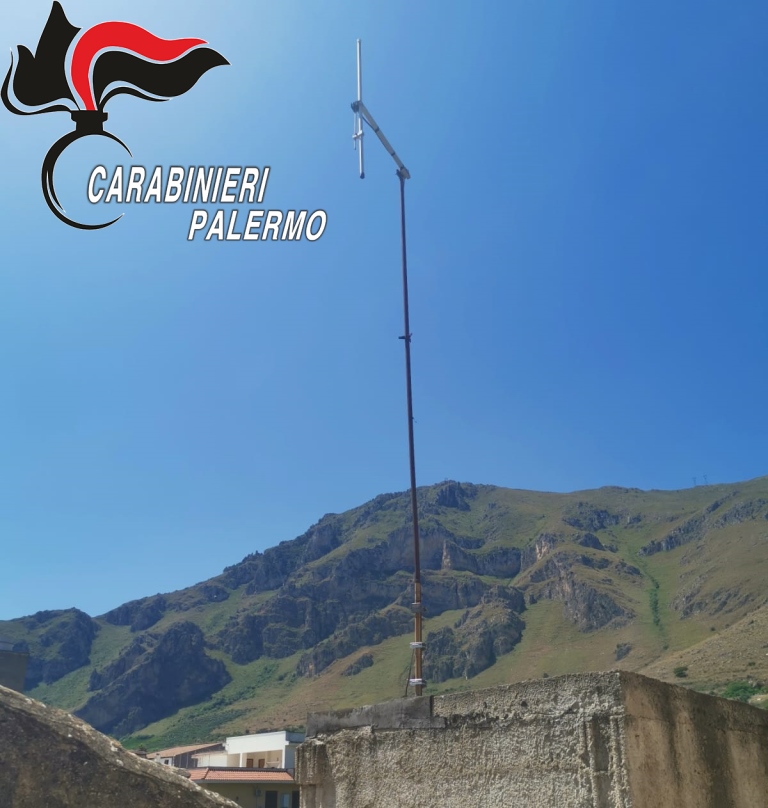
Source: Press office of the Carabinieri provincial command in Palermo
The phenomenon of illegal radio stations is limited on the peninsula because they not only face fines, but also criminal charges. On June 11th, 2020, the carabinieri assisted by officials of the Ministry of Economic Development (the body that carries out enforcement actions) deactivated a radio station that modulated on 97.4 MHz. The owner was charged on three counts: The first for violation of the electronics communication code (the transmitter was not licensed): the second for damage (it interfered with the frequency of a licensed radio station) by broadcasting from a residential building on a hill. In fact, it interfered with RMC – Radio Monte Carlo transmitting on 97.6 MHz from Via Barone Manfredi 8, in Monreale. However, what really takes the biscuit is that the whole building (where the owner had set up studios and put an antenna on the roof) was illegally connected to the city’s electricity grid. In this way, the 44-year-old man was charged with the third count of theft of electrical energy.
In another city on Sicily, a radio station, that only broadcast music without commentary, appeared in Syracuse in April 2020. It modulated on 88.6 MHz and later moved to 93.8 MHz. We have recently been informed that it has now been shut down.
Another closedown one week later
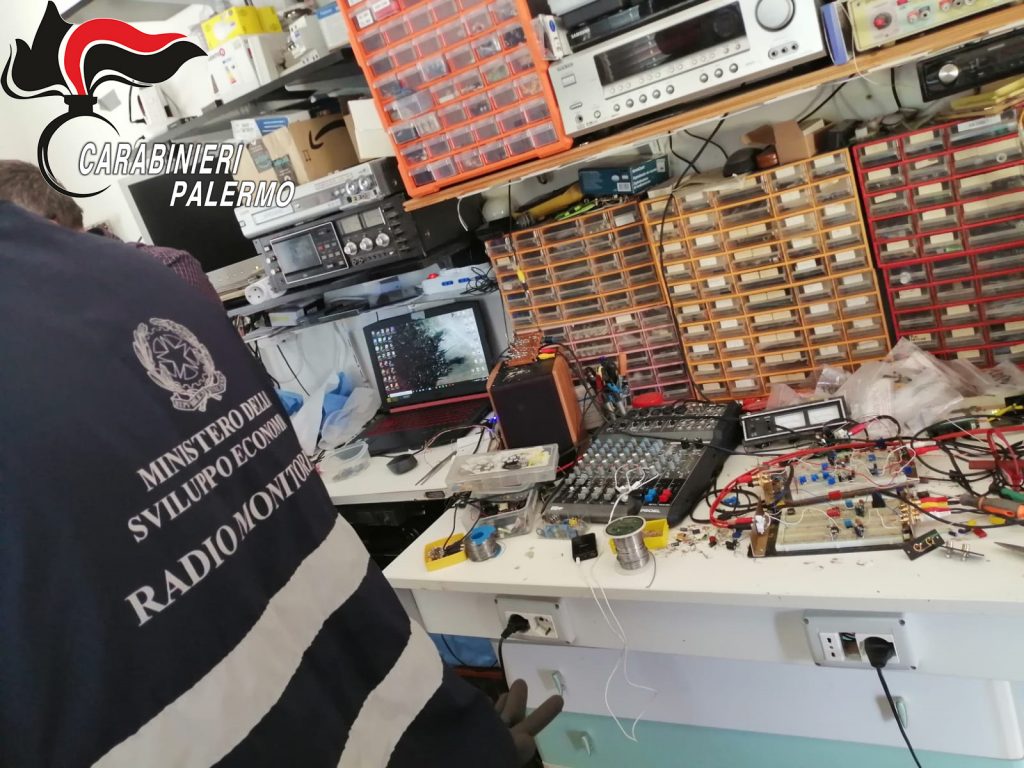
Source: Press office of the Carabinieri provincial command in Palermo
After the enforcement action in Ciaculli, investigations were continued in the province of Palermo. These led to the deactivation of another unlicensed radio station a week later, this time in Pioppo, a part of the municipality of Monreale. The transmitter operated in the same way as a licensed commercial radio by not only broadcasting music but also commercials. It caused interference with the frequencies of two national networks: RMC Radio Monte Carlo and R101.


